Audits may often be time-consuming and exhausting but that’s changing fast with the help of artificial intelligence. AI is making audits quicker, smarter, and more efficient. Hence, the Big 4 firms (Deloitte, PwC, KPMG, and EY) are employing the assistance of powerful AI tools in their audit practice. These companies have massive resources, but the good news is you don’t need a huge budget or a dedicated tech team to start using AI in your own audits.
In this blog, let us understand what is Auditing, its benefits, and what AI Auditing AI Tools are used by Big 4 firms.
What Is Auditing?
Auditing is the process of digging deep into a company’s financial records, systems and general operations to ensure that it has all added up. Regulations. Check. No cover-up. Check.
The Aim of Auditing is to:
- Identify Errors
- Reducing Fraud possibilities
- Make Stakeholders feel safe, secure, confident and certainly sure.
However, in the past, auditing was cumbersome, tiresome and lengthy due to unlimited spreadsheets and massive amounts of human accountant teams’ eyeballs following each line of the item around you.
What Is AI in Auditing?
AI in auditing is like having a smart personal assistant that helps auditors do their work faster and more accurately. Instead of going through piles of financial records or checking every number manually, AI can quickly scan large amounts of data and find errors or unusual patterns within seconds.
This not only saves time but also makes audits more reliable and efficient. AI tools can detect mistakes that humans might miss, helping auditors focus on more important tasks like analysis and decision-making.
In simple words, AI in auditing makes the auditing process faster, smarter, and more accurate, just like how a calculator helps you do math easily.
Why AI in Auditing Matters?
AI in auditing matters due to the following reasons:
1. Speed
Artificial Intelligence’s unique ability to read tons of documents within seconds minimizes audit time cost directly. Due to which, the auditors can focus on such fine analysis instead of being burdened by the large volume of data, they are intended to analyse.
Since more information is categorised in a short time, auditors can scrutinise financial records closely. Hence, ensuring better and trustworthy outcomes.
2. Correctiveness
So far, we all see that AI prevents errors and mistakes with human beings’ critical thinking help.
Often, human accountants fail to spot errors and blind spots in audits due to other responsibilities that they cannot overlook in the meantime.
Hence, AI helps with not only speed but also with accuracy.
3. Coverage
In a typical scenario, audits operate in companies or individuals abide by a 3-step process:
- Sampling the data by selecting it randomly
- Analysing that portion
- Reasoning the entire dataset
Pretty clever, but not faultless.
But AI-based audits reverse the entire sampling system. Therefore, it can look at each record in the population by outsourcing the heavy lifting to sophisticated algorithms.
That helps you to see patterns, irregularities, and make more intelligent decisions since you have studied all parts of the puzzle with the help of AI.
A full population scan is able to do more than just ensure that your audit is more accurate; instead, it can offer you more insight than you will ever be able to see out of your data.
4. Real-Time Insights
AI live insights help to identify issues early to minimise the possibility of financial loss, even before they escalate into a big financial blunder.
Therefore, having improved tools in place, the businesses can monitor activities more closely and respond to issues more quickly.
5. Competitive Edge
Many companies combine AI into their audit, to gain an edge over their competitors. Therefore, using AI in Audit can be a huge advantage.
The AI assists teams can use it to analyse data fast and detect clues that teams would have overlooked or forgotten to point out.
So, AI in auditing makes its processes quick, enhances precision and results in better decisions.
Indeed, this step in auditing AI will introduce new concepts and developments in the world of data-intensive operations.
Subsequently, AI Auditing Software is used to increase productivity among teams.
Become Master in Audit with CA Tushar Makkar Course.
What Is AI Audit Software?
AI Audit Software is an effective instrument that combines automation, analytics, and machine learning to streamline different auditing procedures.
Besides, it can manage such things as
- Testing Journal Entries
- Carrying out Risk Assessment
- Identifying Unusual Transactions
- Testing Controls
- Following Audit Trails
Due to these functions, the AI induces productivity and precision in audits. Hence, businesses are happy with this AI in auditing reform.
Why Is AI Audit Software Important?
AI Audit Software is important because it makes the auditing process faster, more accurate, and less stressful. Instead of spending hours checking numbers and going through piles of documents, AI can do that in minutes such as spotting errors, unusual patterns, or risks that might be missed by humans.
It helps auditors work smarter by handling the boring, repetitive tasks and giving them more time to focus on important decisions and analysis. This leads to better audits, fewer mistakes, and stronger trust in financial reports.
The Big 4 AI Audit Tools and How They Increase the Productivity of Their Teams
1. Deloitte – Argus & Cortex
Features
- Argus is a software program that reads, understands, the risks and exceptions in contracts/documents.
- Cortex (high-tech engine) mines any format of data (both structured and not).
- Both combine with the ERP systems, such as SAP and Oracle.
- Hence, its surveillance involves the scoring and predictive analysis of risk.
Limitations
- Fewer customisation plans for middle-level customers.
- Niche industries may need human confirmation to use
2. PwC- GL.ai (audit journals)
Features
- An auditor’s AI assistant.
- Chiefly monitors all details of the general ledger to recognise abnormalities and threats.
- Its machine learning learns well as it goes with every audit.
- Document screening does go quickly – what would take days is now taking maybe a couple of minutes.
Limitations
- Presently not yet open to the use of the general population.
- Overall, the infrastructure of PwC is necessary to work fully.
- Clients who lack technical literacy can find AI explanations very complicated.
3. KPMG -Clara
Features
- Real-time audit on a cloud basis.
- It combines with systems of clients to conduct 24/7 data feeds.
- Applies AI to undertake risk assessment continuously to be sure.
- Prepares the auditor/client panel controls automatically.
Limitations
- To list, its integration and cost of set-up are exorbitant.
- Needs training for clients.
- It is not as accommodating to smaller or ever-changing businesses.
4. EY -Helix
Features
- An analytics platform based on AI that analyses structured data that could be used worldwide.
- Processes journal entry testing, revenue recognition, lease accounting, etc.
- Conducts testing on the whole population, not samples.
- Provides audit evaluation information with comparisons.
Limitations
- Ideal to perform large, and complicated audits in a word.
- Not capable of doing real-time collaboration like other new SaaS tools.
- Overdependence on clean data feeds without doubt.
Benefits of Using AI Audit Tools
- Improved Actuality: Algorithms detect outliers that a human eye can fail to detect before.
- Time Economic: Automate repetitive tasks of the audit in time.
- Full Coverage: Review all transactions 100 per cent in detail, not a sample.
- Insight Generation: The implications regarding trends and risks are proposed with the help of state-of-the-art analytics to clarify more.
- Detection of Financial Transaction Fraud: In addition, AI identifies real-time peculiarities.
- Scalability: AI can fit small and medium-sized enterprises as well as audit large companies.
Final Thoughts
AI is no longer a dream that lies in the future for auditors. On top of that, Machine learning is now at the core of demanding audit operations, as the Big 4 firms not only demonstrates to complete tasks more quickly but also introduce additional trust to their processes. Smaller companies and individual auditors can compete with them, even using their basic (and free) AI tools.
So the main point is, speed and sureness are the real value of an audit in the era of automation, therefore, it is time to use it in each business operation rather than avoiding it.
FAQs
- Are we actually applying AI in real audits?
It is indeed very real. Such companies as Deloitte, PwC, KPMG, and EY have already implemented AI that manages to sort through vast amounts of financial data, identify trends, and raise any anomaly.
- Can AI replace the Human Auditors?
No, because ethical judgment, communication and morality are human tasks beyond AI capabilities: they can deal with the tedious work, such as data crunching or anomaly scanning. Consider AI as your helper, not the one to replace you.
- Do Big 4 AI solutions provide access to small companies or individuals?
Not directly. Such tools as Helix or Clara are in-house at those firms. However, you can still access such public tools as ChatGPT, Power BI, or Google NLP to develop your own “mini” versions of it to perform such activities as document review, risk scoring, or report drafting.
- What is the primary advantage of AI application in audits?
You can actually go over much more data within shorter amount of time, notice things that you would pass by with your own hands and direct your efforts to the grand design of things as opposed to being overwhelmed by rows and columns of spreadsheets.
- Is AI use in auditing difficult to start?
There is no need to write code and develop a customized AI model in no case. Chances are that today some of the most popular AI tools are no-code or plug-and-play. You can begin with the simple examples: write reports with ChatGPT or scan entries with Excel + AI and gradually learn more.
- Is there a danger of applying AI in audits?
Yes, such as over dependence on outputs without checking them or using tools on poor data. The point is to use AI as a tool but not decision. A human judgment should always be in the loop and come back to it twice.
Reference Links:

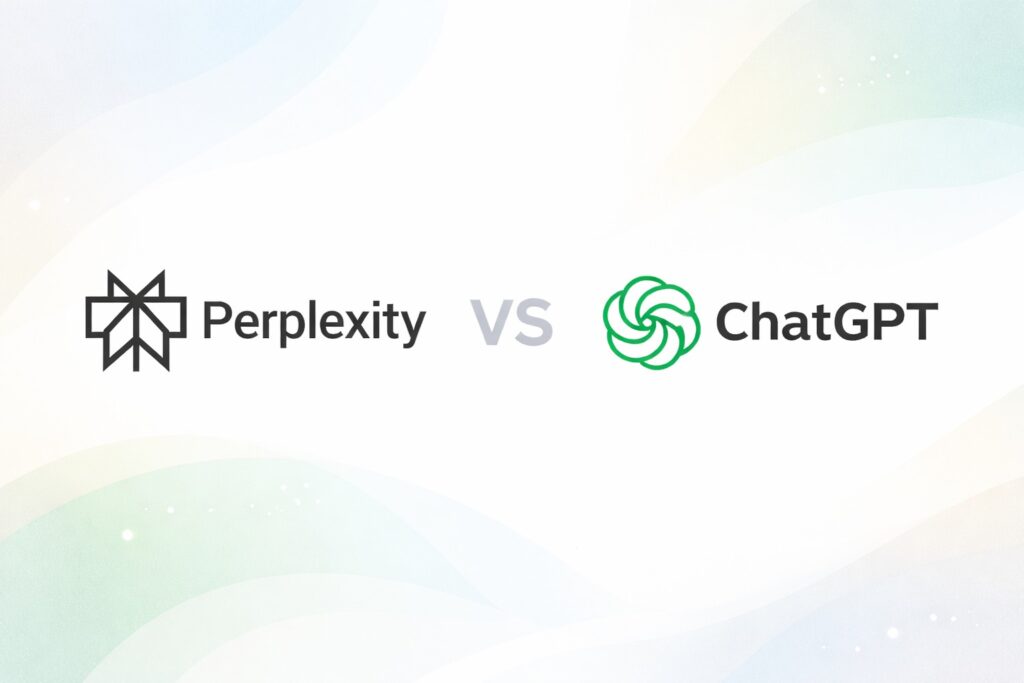
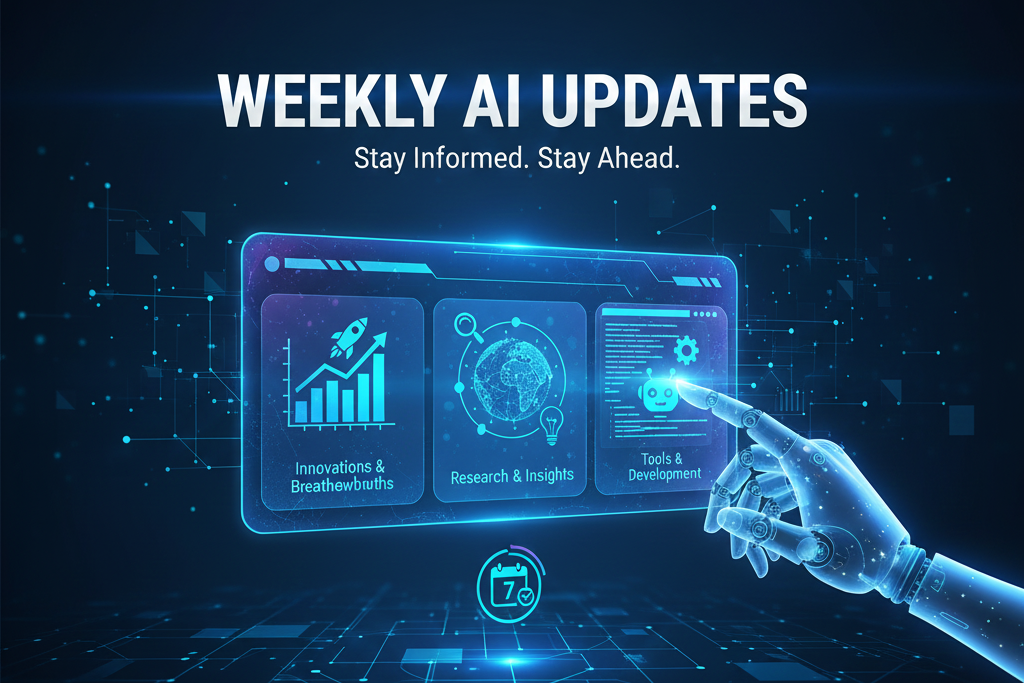
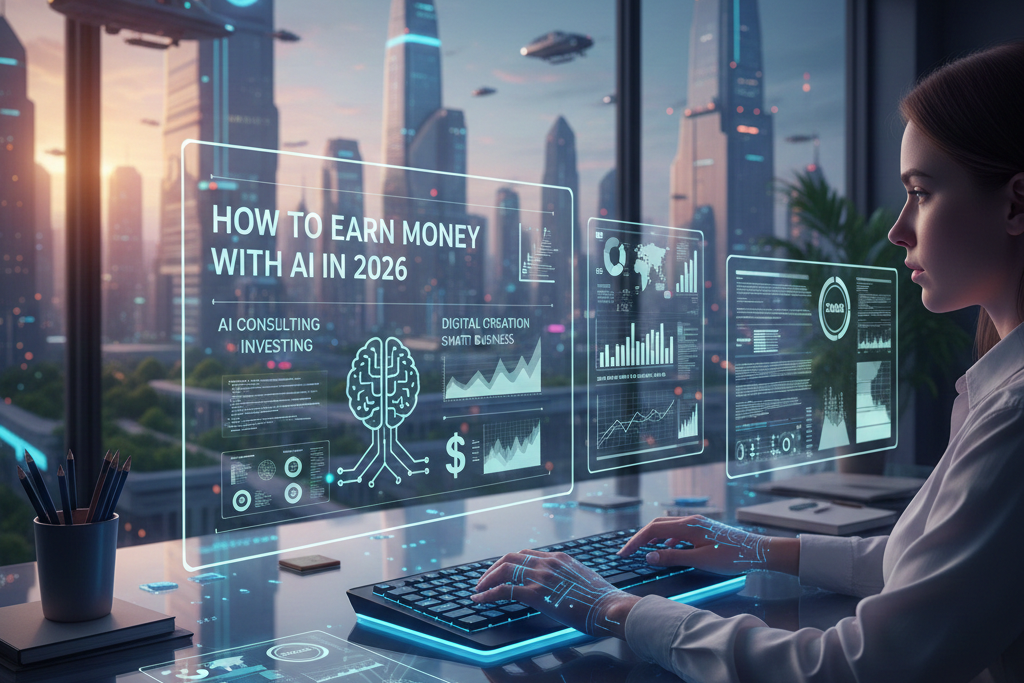
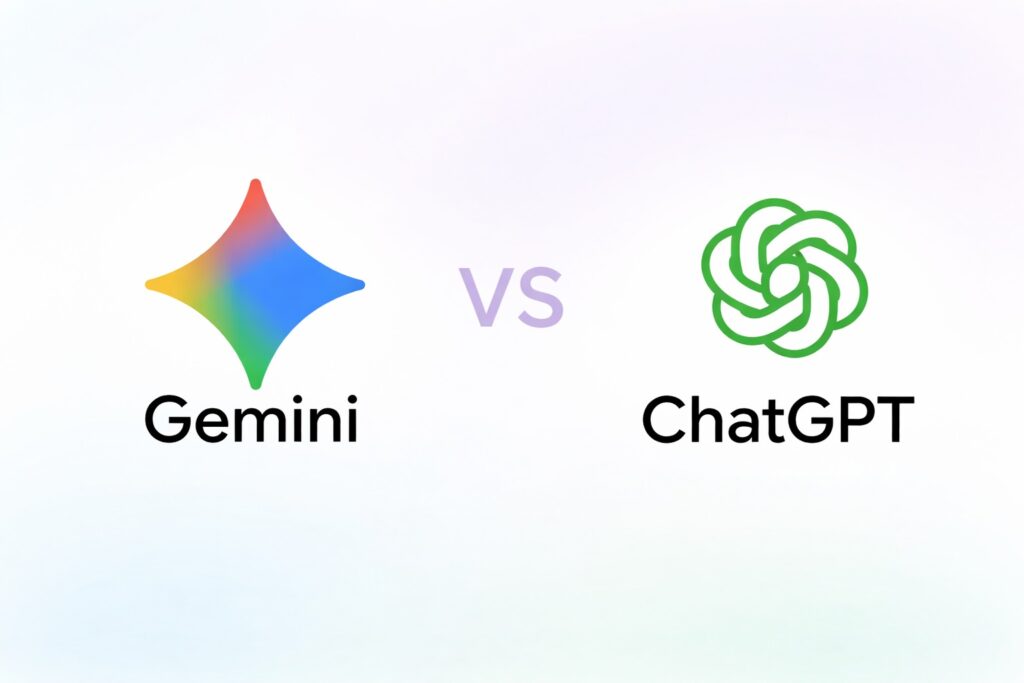
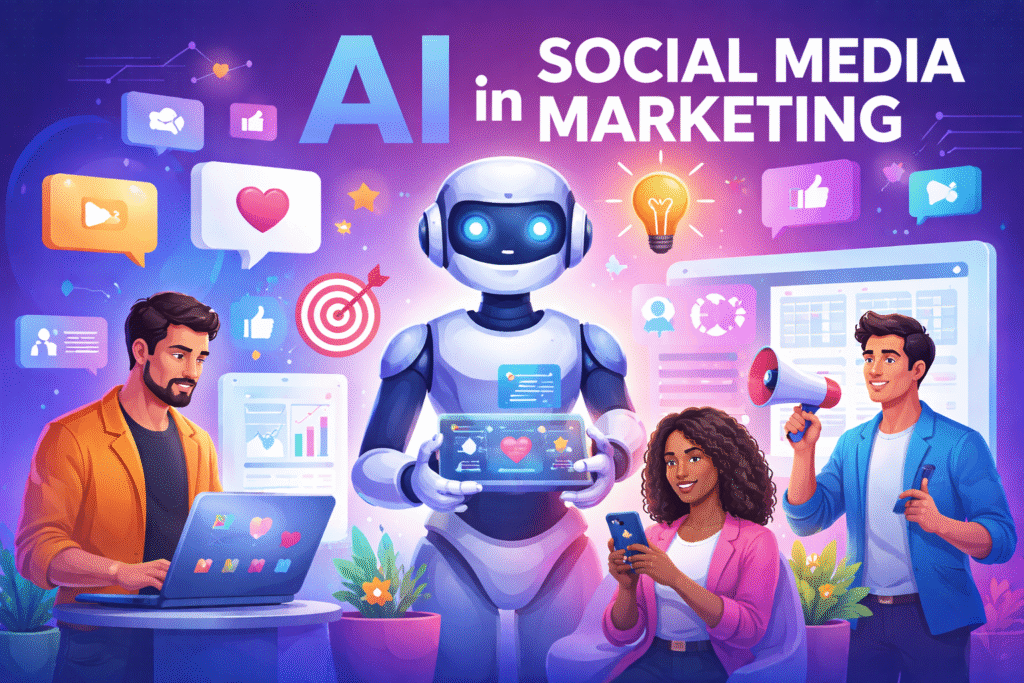
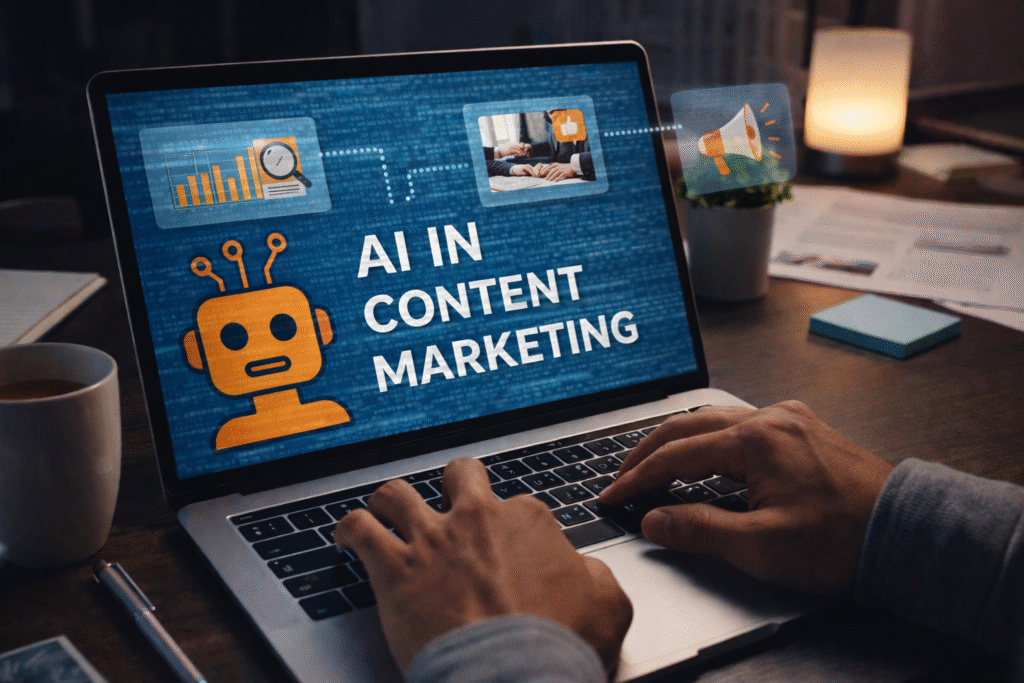
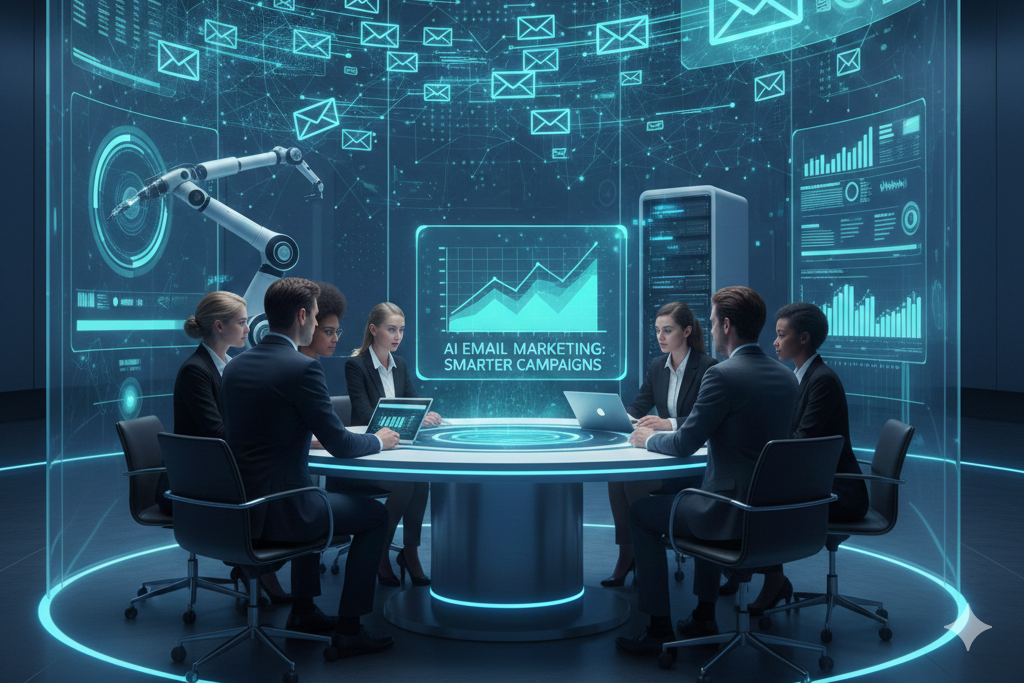
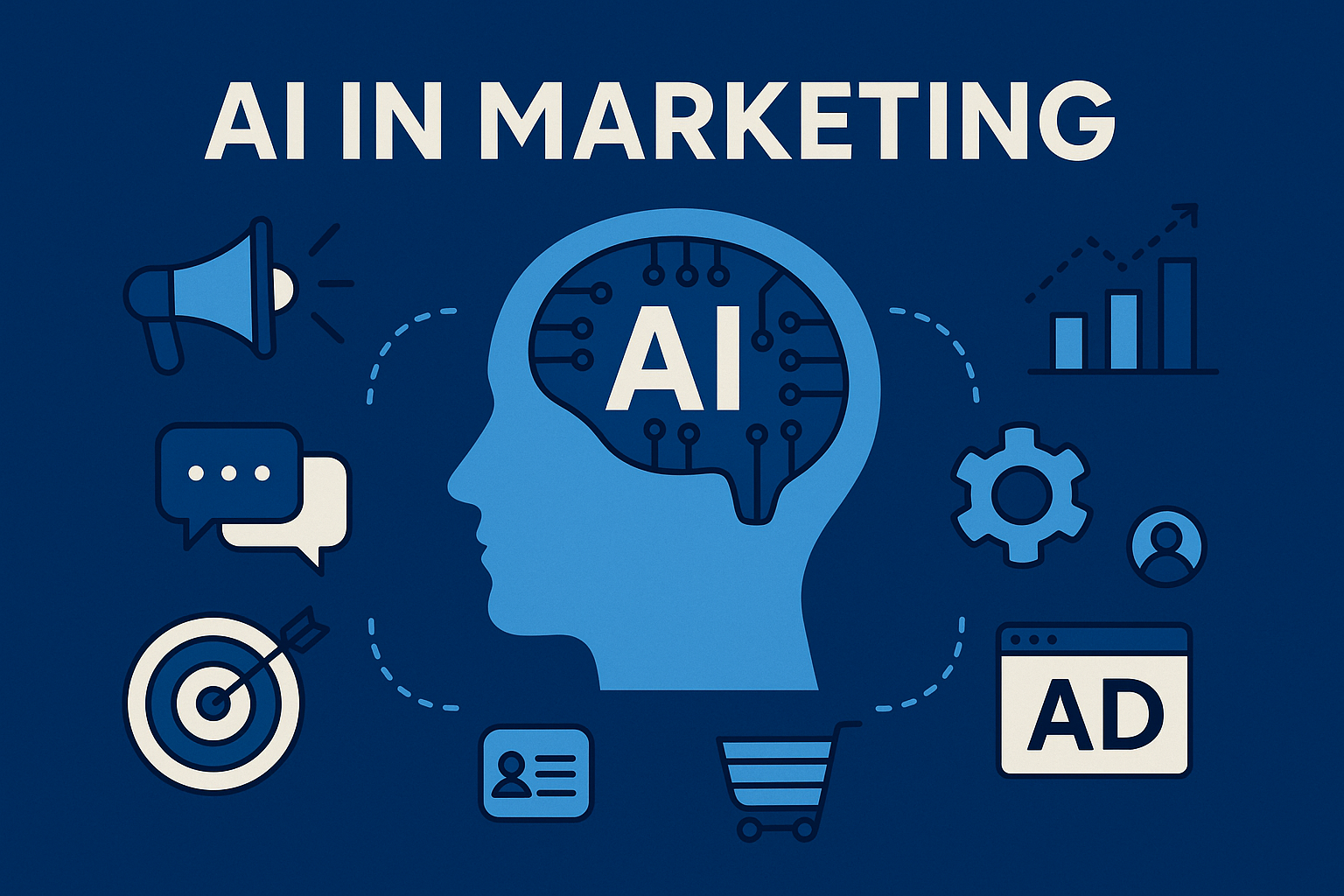


1 comment